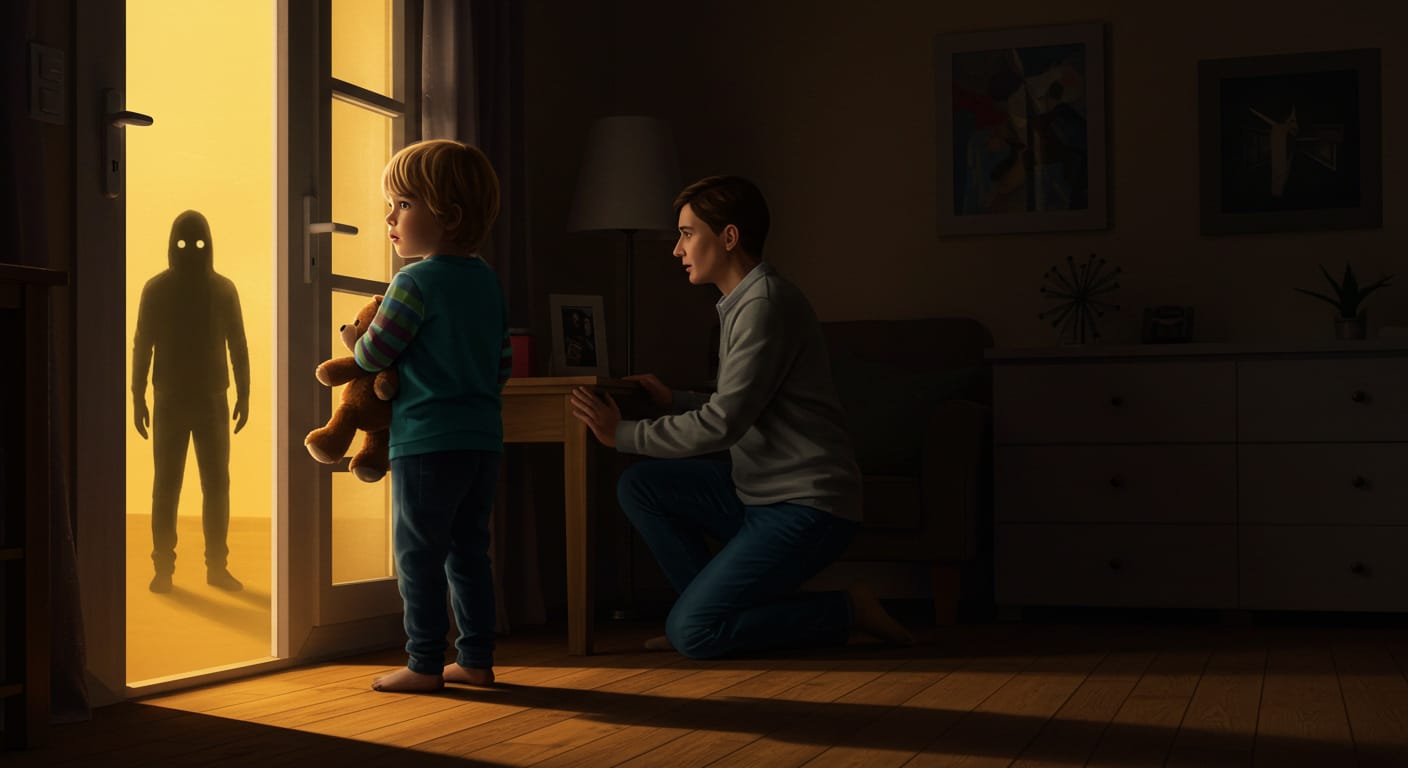Intruders: Protecting Children Starts at Home
Child safety is more urgent than ever. The troubling story of Mark McDaniel, a convicted sex offender allegedly dating “Mama” June Shannon from Here Comes Honey Boo Boo, highlights this crisis. It’s hard not to wonder: Are our children truly safe? Shouldn’t the safety of children come before fame, ratings, or relationships?
When TLC canceled the show to protect the children involved, they made the right call. But many children don’t have the backing of a major network or public outcry. For them, danger can lurk undetected—both online and in real life.
Children Need Protection, Not Publicity
June Shannon is the mother of four, and her decision to allow someone with a criminal history around her kids was deeply troubling. While her life was on national TV, that doesn’t excuse lapses in judgment. Predators should never have access to children—period.
Think about it: alcoholics avoid bars for a reason. Shouldn’t convicted offenders avoid family environments? This isn’t about judgment—it’s about safety. And safety should never be negotiable.
Not All Children Have the Spotlight
We must ask ourselves: what about the kids who don’t have cameras or production crews watching over them? Kids in everyday homes, neighborhoods, and schools? Who protects them when parents are unaware or misinformed?
Thankfully, in the Honey Boo Boo case, TLC prioritized the welfare of the children over profits. But child safety must be a universal priority, not just a public relations decision.
We’re Not Living in Mayberry Anymore
Gone are the days when Sheriff Andy and Barney Fife kept the peace on TV. Today’s dangers are far more complex. Children now face risks from:
-
Online predators on gaming apps and social media
-
Hidden offenders living in their neighborhood
-
Trust being exploited by those who appear kind or familiar
Unfortunately, not every child has the privilege of visible protection. Most families don’t have million-dollar contracts or watchdog networks looking out for them.
What Can Parents Do?
-
Use Megan’s Law resources to identify offenders in your area.
-
Educate your children early on about body autonomy and boundaries.
-
Monitor online activity and keep communication open.
-
Trust your instincts—if someone’s behavior feels off, it probably is.
-
Teach the difference between a trustworthy person and a trustworthy image. Just because someone seems kind, doesn’t mean they are safe.
We Must Stay Vigilant
The world may be more connected now, but more connection doesn’t always mean more protection. We’re responsible for bridging that gap—to become our children’s first line of defense.
It’s up to us to make sure children aren’t just cared for, but also protected, respected, and believed.
Let’s make child safety the priority—not the afterthought.



I agree with you completely! When I was twelve I was not interested in boys, I didn’t have a cell phone or a Face book. I didn’t spend long hours on social networks posting pictures or blaring out my feelings for the world to see. Now a days, the average 12 year old has sexted, talked to someone much older, posted pictures that aren’t age appropriate, and goggled nude photo. It is scary to think about. when I was sixteen I met a girl who was 13 dating a 19 year old. He got her pregnant and she had a baby before she reached 15 years old. I think parents need to wise up and pay more attention. Don’t punish your kids, just allow them to feel they can trust you and you wont have to go looking. They will come to you.
Britanica, Glad you like this post. Yes, it is quite different times we are living in today. The Internet replaces family gathering and talking face to face with each other in someway’s advance technology is good but the parents need to get involved and parent is responsible to protect there child.